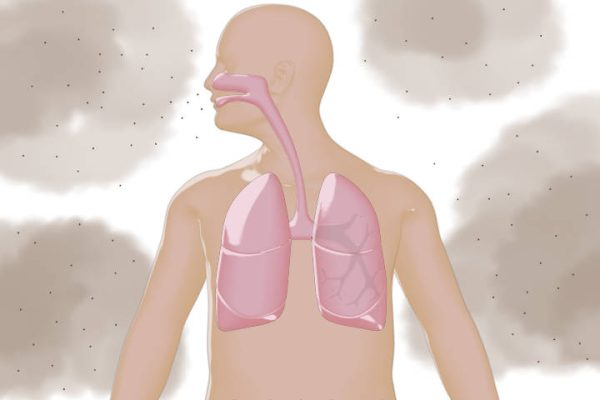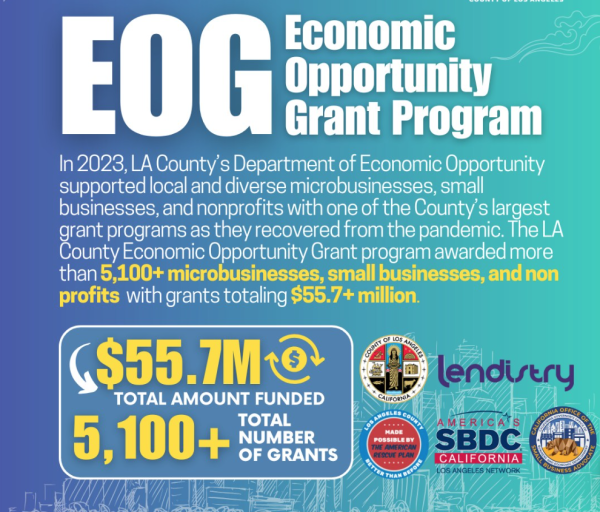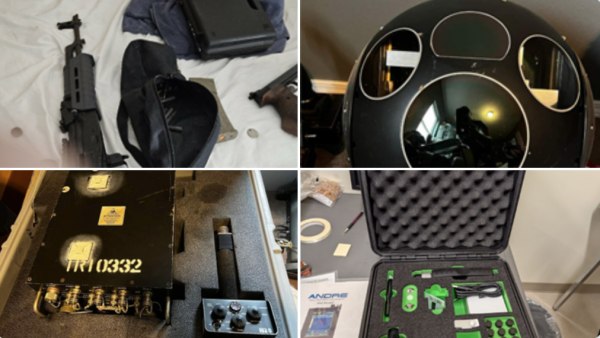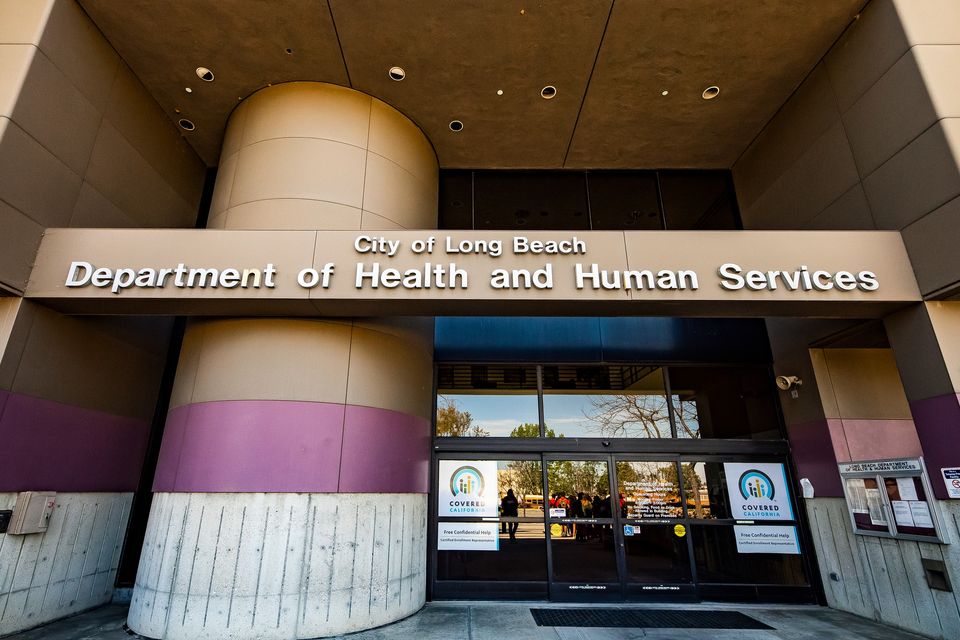A professional stone cutter has sued multiple ex-employers in Southern California for allegedly facilitating the lung disease he acquired after years in the decorative countertop industry.
Felipe Reyes’ Los Angeles Superior Court lawsuit filed Nov. 26 alleges fraud, negligence and product liability by several companies that operate in Sun Valley, Glendale, North Hollywood, Anaheim and El Cajon. His wife Rosa Reyes claims loss of consortium, which refers to the loss or impairment of a personal relationship resulting from the actions of another party. The couple seek unspecified compensatory damages, and Felipe Reyes also seeks punitive damages.
Last month, state Sen. Caroline Menjivar co-hosted a public meeting on silicosis in Canoga Park with health experts and representatives from LA city, county and workplace safety regulators from Cal/OSHA.
The senator’s office noted a 2023 county Department of Public Health memorandum submitted to the Board of Supervisors that said, “The San Fernando Valley has become ground zero for silicosis cases in Los Angeles County.” According to the study, there is an inordinate amount of stone cutting and fabrication and other businesses related to silica-engineered stone that have concentrated in the SFV region.
At the time of the study 91 countertop workers had been diagnosed with silicosis in the state, with 50 receiving treatment at a Sylmar hospital in Menjivar’s Senate District 20.
In the second half of 2023, the California Department of Public Health reported a 92% increase in silicosis cases statewide, including 10 related deaths. A 2024 LA County health department report based on state data found that as of Aug. 21 there are 176 silicosis cases in the state, 105 cases in the county, 13 known silicosis-related deaths statewide and 19 stone cutting and fabrication workers have had lung transplants.
Reyes was a cutter, fabricator and installer of stone products from 1988-2020, according to the suit. In February 2023, he was diagnosed with silicosis, a type of occupational lung disease that results from inhaling crystalline silica dust.
Reyes has undergone extensive medical treatment and likely will need a lung transplant because of his exposure to silica, metals and other toxins, court documents state.
The companies knew or should have known that workers such as Reyes would be left unprotected to the “indiscriminate release of toxic and carcinogenic dust and exposure to exposed persons, including plaintiff Felipe Reyes,” the suit contends.
Menjivar’s office described the Nov. 9 public event as “a combined resource fair and listening session,” that featured “stories from those working in the industry and doing worker outreach detailed the dangers of the work environment, as well as the physical and emotional toll of developing silicosis.”
Menjivar said in a statement, “I have brought to the legislature my years of local experience within my communities and am now turning my attention to this inexcusable workplace hazard that has been thrust upon workers who are more vulnerable to exploitation due to their economic status, immigration status, or family financial obligations.”
Increasing demand for engineered countertops, some of which contain more than 90% silica, has contributed to the swift rise in silicosis cases despite workplace safety regulations, according to the senator’s office. Currently, employers in the industry are required to minimize worker exposure by establishing measures to prevent dust from becoming airborne and monitoring the amount of silica dust in work areas.
“Yet, it is clear there is a detrimental inadequacy in the implementation of and worker adherence to these policies,” the statement from Mejinvar’s office observed.
Silicosis is irreversible and fatal, but preventable, and it mostly affects uninsured or underinsured Latino immigrant males, according to the senator’s office. For construction and stone fabrication workers, the disease originates from inhaling silica dust that exists in sand, stone, concrete and artificial stone. Exposure to silica dust causes lung inflammation, stiffening and scarring that may lead to difficulty breathing and diseases such as lung cancer.
“IDEPSCA has conducted outreach and education for about a year across Los Angeles County and we are meeting immigrant fathers, husbands and brothers who were once young heads of households slowly die while walking around with oxygen tanks and waiting for lung transplants,” Maegan Ortiz, executive director of the Institute for Popular Education of Southern California, said in a statement. “We desperately need solutions that look holistically at the impact of silicosis on workers. We cannot let business interests supersede the human impact.”
On Monday, Menjivar introduced Senate Bill 20 known as the Silicosis Training, Outreach, and Prevention, or STOP Act.
“The people of Burbank, City of San Fernando, and San Fernando Valley demand a STOP to this fully preventable disease afflicting their fathers, husbands, sons, and neighbors,” Menjivar said in a statement. “Shameful industry practices neglect to protect workers or even educate them on safety standards, exploit those who cannot afford to leave their jobs, and callously puts undue strain on our local community health clinics and hospitals. By adopting the common sense standards and precautions outlined in SB 20, California can once again lead the nation on worker safety by establishing robust protections for stone cutting and fabrication workers in my district and across our state.”
If enacted, the bill would implement a training program on best practices for fabrication work; develop a certification process for fabrication shops that reinforces state safety regulations and requires all workers to undergo the state health department’s training program; start issuing three-year certificates to fabrication shops that meet the state’s certification criteria; and create and update a public database and tracking system that provides information on fabrication shops’ compliance with safety standards and shops’ certification status.
Updated Dec. 3, 2024, 10:54 a.m.







